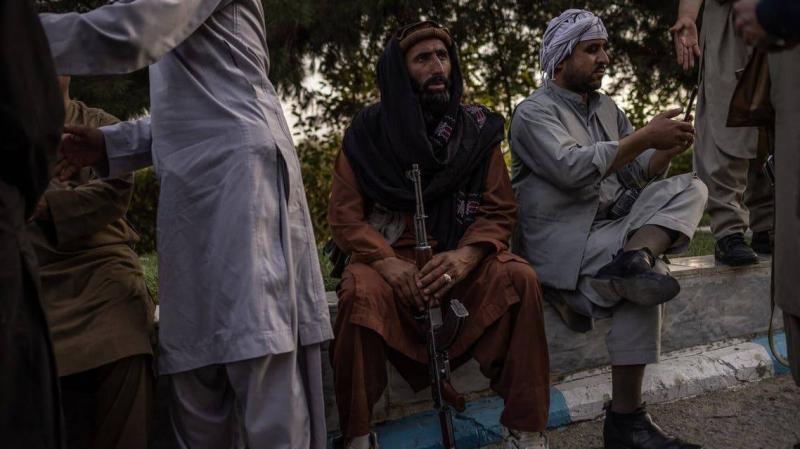As U.S. forces completed their withdrawal from Afghanistan by the deadline set by President Joe Biden, many Afghans fear that acts of revenge from the country's new rulers will soon follow, according to the New York Times, amid increasing reports of secret arrests, disappearances, and even executions. When Taliban fighters took control of Kabul two weeks ago, the militants went directly to two important targets: the headquarters of the National Directorate of Security and the Ministry of Communications. Their aim, as reported by Afghan officials, was to secure files of intelligence officers and their informants, and to gain means of tracking the phone numbers of Afghan citizens. This means that it would be catastrophic for hundreds of thousands of people who had worked to confront the Taliban threat.
So far, the Taliban political leadership has presented a moderate face, promising amnesty for government security forces who surrendered their weapons. They even issued letters of guarantee against prosecution, although they retained the right to prosecute anyone who committed serious crimes, according to statements from Taliban spokespeople. Taliban spokesman Suhail Shaheen tweeted in English that no accounts had been settled. He also denied that there was an assassination list or that the Taliban were conducting house-to-house searches as rumored. He wrote: "A general amnesty has been granted," adding, "We are focused on the future."
However, executions have occurred at the hands of the Taliban militants, which some current and former government officials describe as a "secret hunt" for the movement's enemies, according to the New York Times. But the scale of the campaign is uncertain as it occurs in secrecy, and it is unclear to what extent Taliban officials have authorized the arrests or executions. A former legislator, who was hiding elsewhere when the Taliban visited his home at midnight, stated, "It's happening underground," referring to the secret campaigns being carried out by the Taliban.




